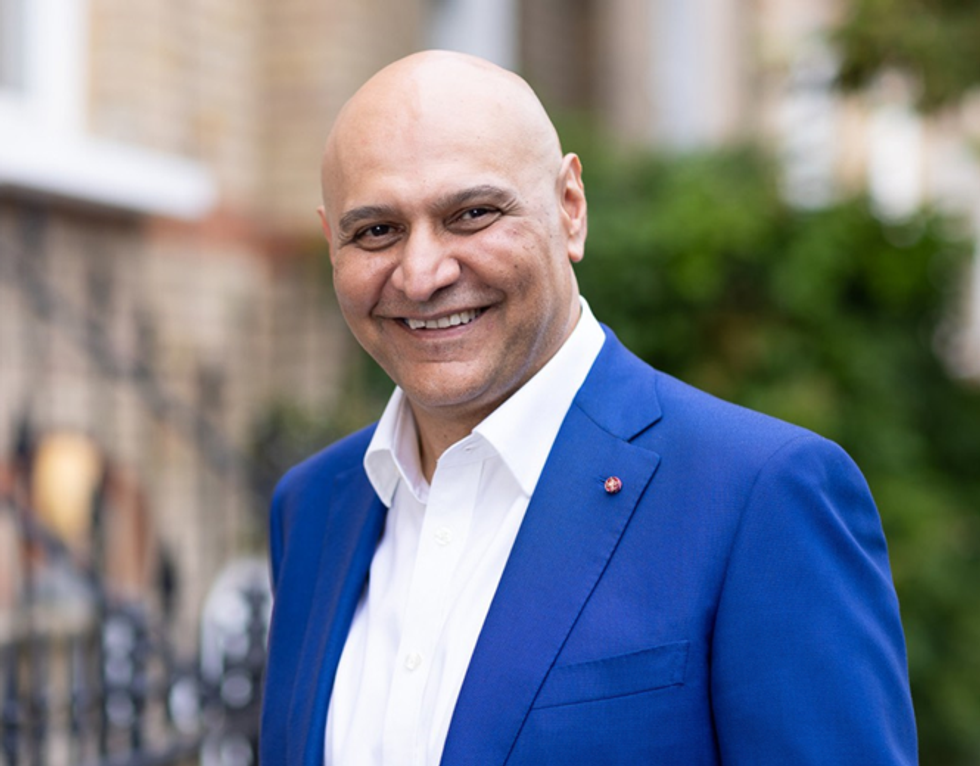As the government wrestles with market backlash and deep business concern from early economic decisions, the layers of economic complexity are building.
The Independent reported earlier in January on the government watchdog’s own assessment of the cost of Brexit - something which is still being fully weighed up, but their estimates show that “the economy will take a 15 per cent hit to trade in the long term”. Bloomberg Economics valued the impact to date (in 2023) at £100bn in lost output each year - values and impact which must be read alongside the now over-reported and repetitively stated “black hole” in government finances, being used to rationalise decisions which are already proving damaging.
Brexit’s constraint on international trade in many sectors brought barriers we’re still having to unpack and navigate. In pharmaceuticals for instance, we’re left with a skewed playing field between the UK and Europe with one-sided regulation advantages, formal market entry barriers and new costs now stacked in, which tumble margins and reduce competitiveness - no matter what productivity increases we achieve.
The life sciences and science tech sectors more widely continue to see out migration of companies and IP - to jurisdictions where development support, support to scale and growth acceleration can be found - the US being one of these. This is now a well-trodden path - companies and knowledge with potential taking the economic benefits of concepts born in the UK beyond our shores, in order to grow.
The last few days saw the publication of findings from the Governments Science and Technology Committee Inquiry into engineering biology, an area of excellence and remarkable potential for the UK. The inquiry found that incentives are needed to anchor bio-tech firms here, re-commitments must be made on government R&D investment, support is critical to address a growing vacuum in skills and also for access to capital to support. Only then will we enable scaling as globally competitive companies. This support is currently missing - but crucial.
These fundamental gaps in policy and support are now so frustratingly obvious, longstanding and frankly, big enough to be visible from space. That’s tongue in cheek of course - but they’re visible to business as we make difficult choices - and they are visible to competitor economies who are capitalising on them. Our “own” scrutiny of opportunities and barriers continues to reveal this now familiar refrain of well evidenced needs.
There’s urgent action needed - the answers are known. But will positive steps now follow? Or will we continue to jeopardise, long-term, the true potential of the UK economy by ignoring what businesses truly need, to bring about sustained growth, continued recovery - and assert the UK’s position as an economic force to be reckoned with? Whilst the Chancellor has this week highlighted ‘there are no easy routes… [to growth]’ – I’d encourage policy makers to focus on clearly demonstrated and long-standing economic barriers – from skills gaps, to connectivity challenges, to disparity in the public investment landscape and more; and start to dismantle those - at pace.
I firmly believe that the UK as a science superpower is within reach - our science innovation, translation and manufacturing is second to none - but the government needs to come to the table quickly, and play its promised role as a positive and invested partner to business.

Dr Nik Kotecha OBE is an internationally renowned businessman, scientist, influencer and serial entrepreneur. He is the founder and chairman of RandalSun Capital.




Anurag Bajpayee's Gradiant: The water company tackling a global crisis